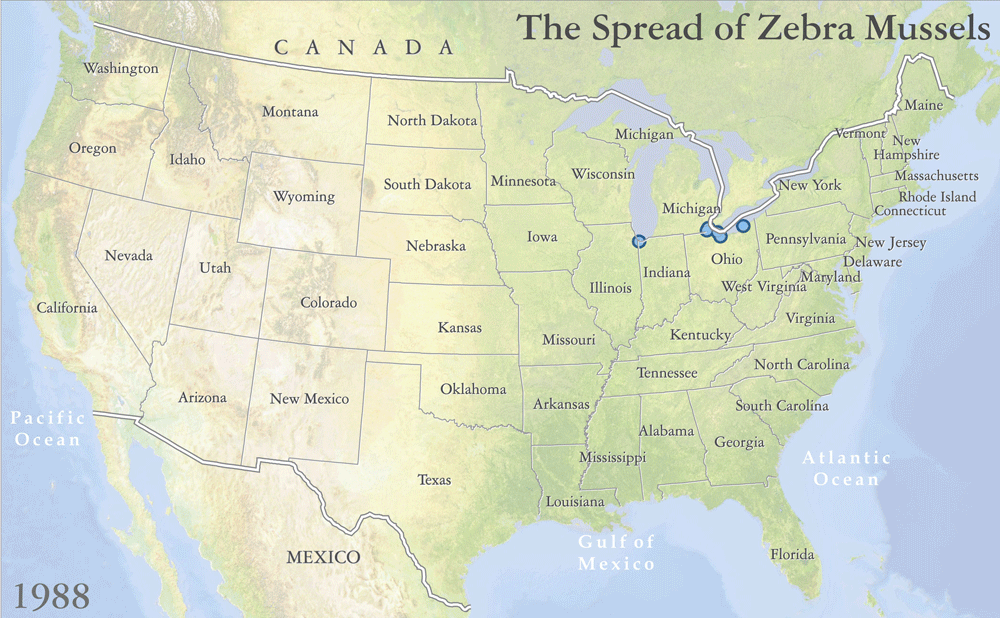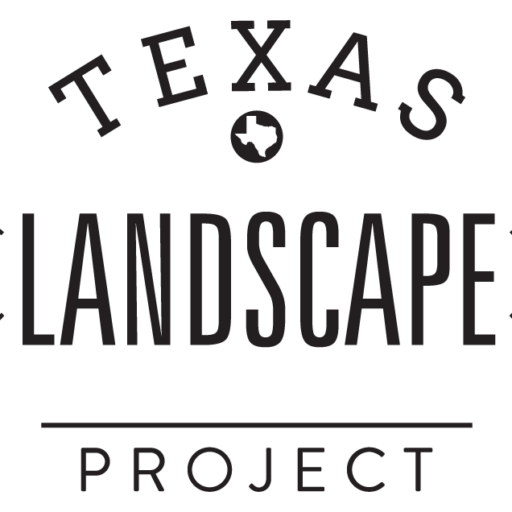
Zebra Mussels
Zebra mussels (Dreissena polymorpha) are freshwater bivalve mollusks, measuring roughly an inch or less long, and having a dark- and white-striped pattern on their shells. Originally from the Black, Caspian and Azov Sea watersheds of western Asia, zebra mussels spread to Europe in the late 1700s and early 1800s during the construction of canal networks.
They were first seen in the United States in 1988 when they were found in Lake St. Clair, near Detroit, Michigan. Scientists believe that the mussels originally arrived in this country in the ballast water, anchor chains or other equipment of commercial ships, and then spread broadly as their microscopic larvae attached to barges and trailered boats and floated freely through screens and filters. In recent years, they have spread throughout the U.S., arriving in Texas, north of Dallas, in 2009, and are now found in a number of lakes in the Lone Star State, including those as far south as Lake Travis and Lake Austin.
Quickly reproducing (able to reach densities of 700,000 per square meter!) and attaching to hard substrates, the mussels can clog pipes in water systems of electric utilities, water supply plants, firefighting equipment, heat exchangers, and air conditioning systems, costing millions of dollars to control. As filter feeders, the mussels remove planktonic algae and other suspended materials that form the base of the food web, and thus critically damage the ecology of infested lakes and streams.
Control is difficult, limited to spraying with high-temperature, high-pressure water, treatment with chlorine or bacteria (Pseudomonas fluorescens), and complete draining and drying of boats and other gear brought from contaminated waters.
Benson, Amy. 2016 and 2017. Fishery Biologist, U.S. Fish and Wildlife Service. Personal communication. September 15, 2016 and August 22, 2017.
U.S. Federal Aquatic Nuisance Species Task Force. 2011. Zebra Mussels and Quagga Mussels. http://www.anstaskforce.gov/spoc/zebra_mussels.php (Accessed October 18, 2016).
U.S. Geological Survey. [2016]. Nonindigenous Aquatic Species Database. Gainesville, Florida. https://nas.er.usgs.gov/queries/factsheet.aspx?speciesid=5 (Accessed October 18, 2016.
